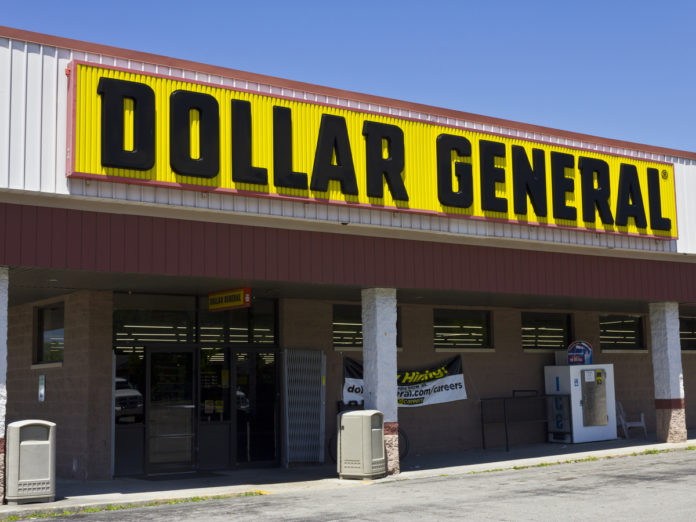GOODLETTSVILLE, Tenn. – Dollar stores are disruptors of community dynamics, mom-and-pop shops, and large-scale retailers. Now, the dollar stores may disrupt the CBD distribution chain.
Dollar General will offer twenty CBD products in 1,100 of its Kentucky and Tennessee stores. Although initially the products will be available in only a fraction of the company’s 16,000 locations, corporate leaders plan to expand the offerings to Florida, Indiana, Colorado, Oregon, Texas, Vermont, and South Carolina next year.
Executive Vice President and Chief Merchandising Officer Jason Reiser said offering CBD products is necessary to keep the store’s product selection in line with consumer demand.
“At Dollar General, the customer is at the center of all we do, and the addition of CBD items is an extension of our ongoing commitment to provide customers with a curated and affordable assortment of the products they seek,” he said. “As with many of the products we carry in our stores, our decision to offer CBD products is based on customer interests or demands.”
Initial product offerings will include oils, creams and bath bombs. Products will retail for between $7 and $20. For the time being, the company has no plans to offer infused edible products, in accordance with FDA recommendations.
Dollar General is far from the only national retailer to enter the CBD market. CVS, Walgreens, Kroger, Vitamin Shoppe, GNC, Abercrombie & Fitch, Barneys, and many others already sell cannabidiol products at select locations. Even among dollar store chains, Dollar General has competition. At least one hemp product is for sale on Dollar Tree’s website.
Dollar stores now have more retail locations than Walmart and Starbucks combined. Economists have been analyzing the effects of the dollar store surge on communities. There is a chicken-and-egg debate as to whether dollar stores provide a necessary service to low-income communities or their existence perpetuates the problems in these communities, especially when it comes to access to nutritious food choices.
Expanding safe access for those in need of relief typically is welcomed, but will reliable information and tailored regimens elude those whose only purchasing options are at dollar stores?


